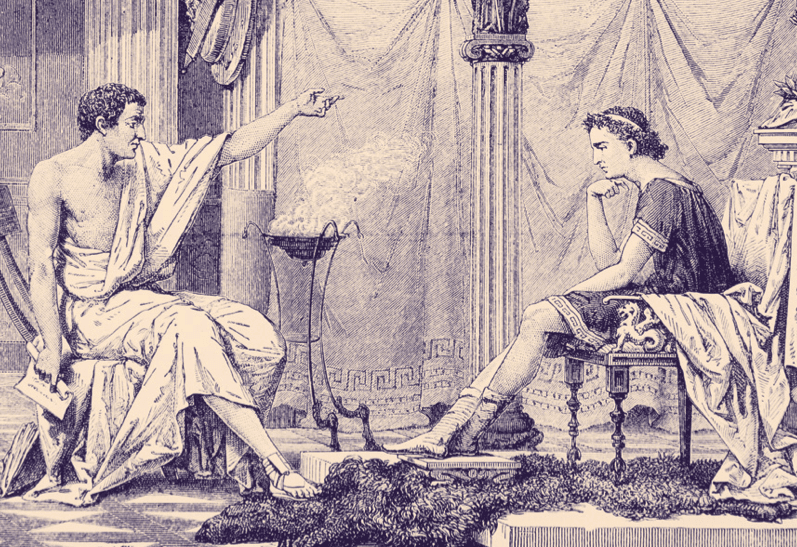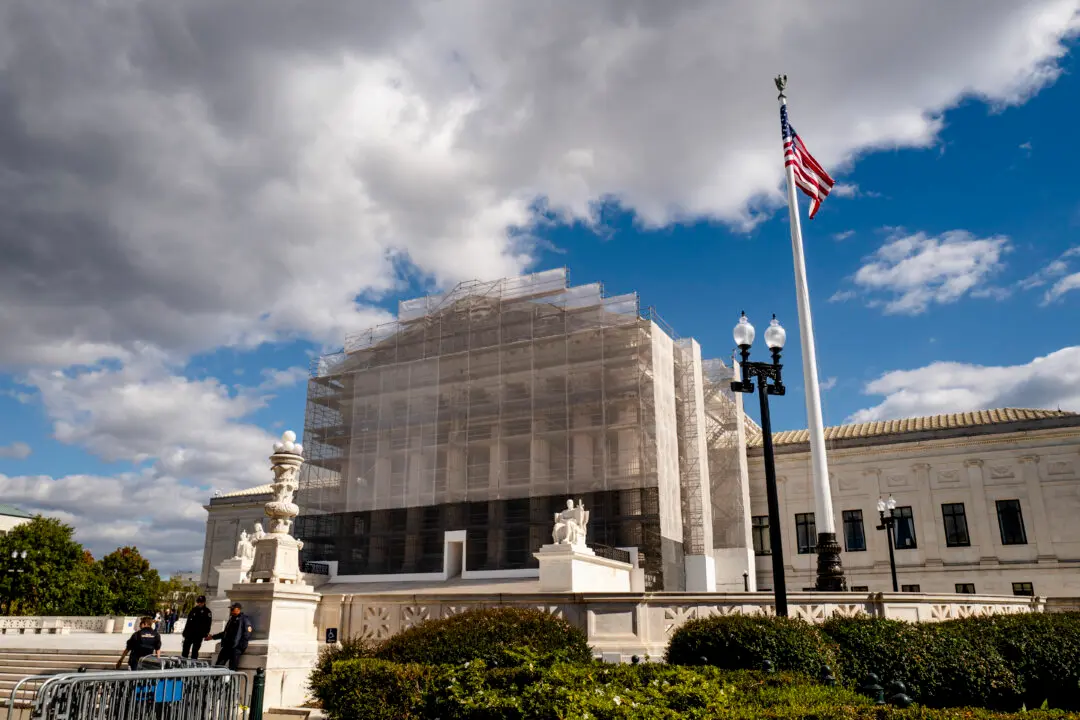Commentary

Aristotle, who taught Alexander the Great, believed the practice of virtue to be the foundation of good leadership. Everett Collection/shutterstock
Robert G. Natelson, a former constitutional law professor who is senior fellow in constitutional jurisprudence at the Independence Institute in Denver, authored “The Original Constitution” (4th ed., 2025). He is a contributor to The Heritage Foundation’s “Heritage Guide to the Constitution.” He also researched and wrote the scholarly article “Virgil and the Constitution,” whose publication is pending in Regent University Law Review.
Author’s Selected Articles




